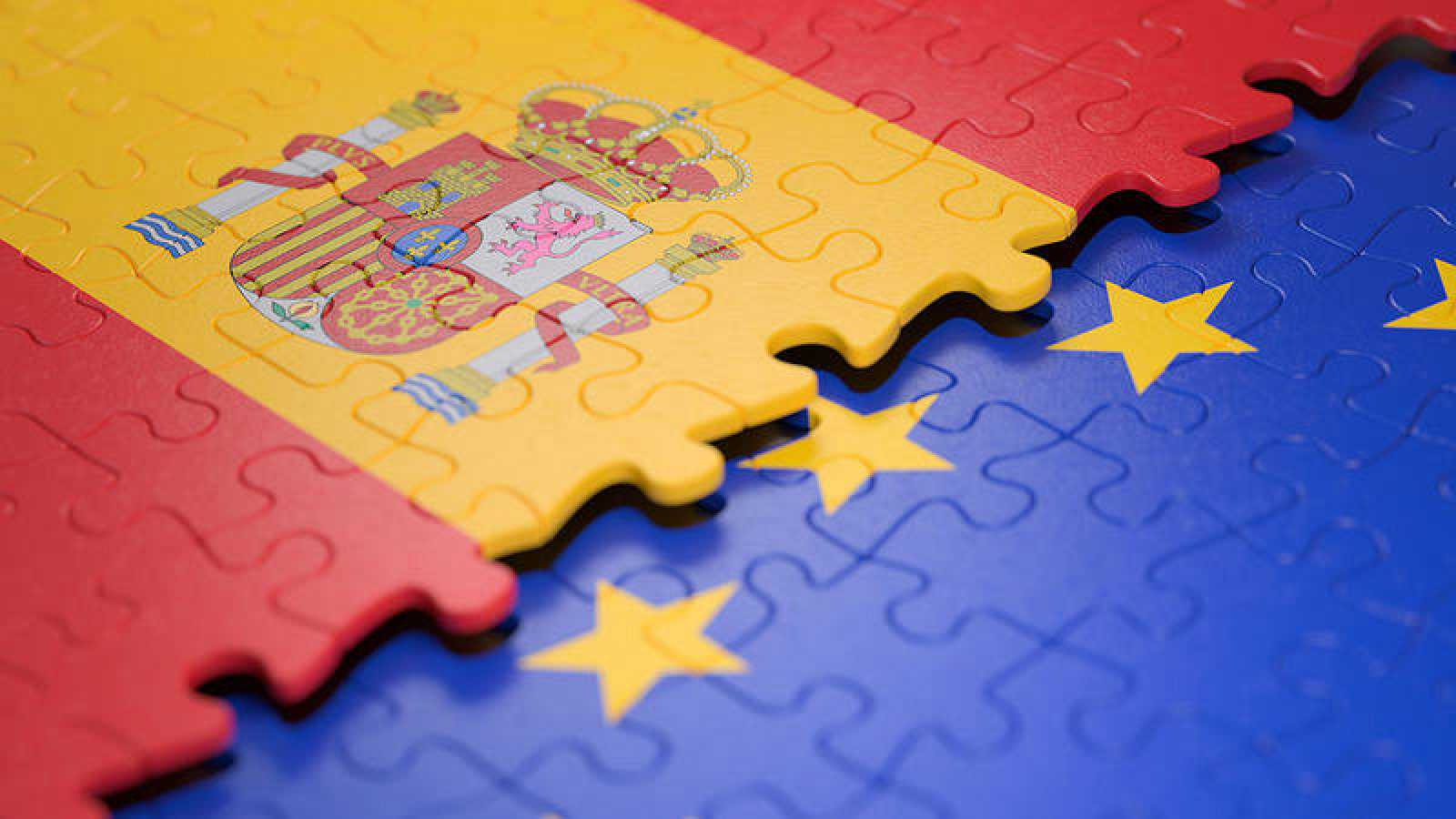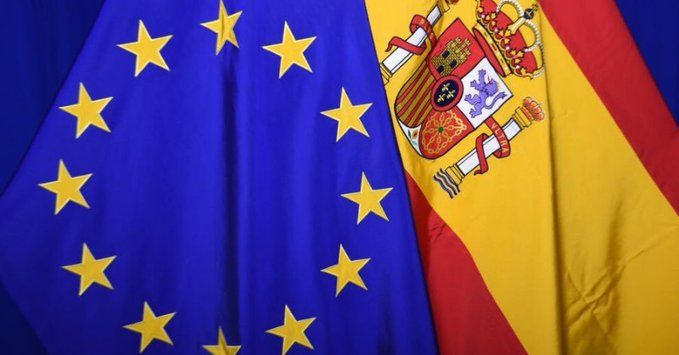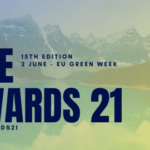Out of 2130 applicants, the European Research Council (ERC) has selected 308 researchers for this year’s Consolidation Grants.

The funding will support excellent scientists and academics at the career stage when they may still be consolidating their own independent research teams to pursue their most promising scientific ideas. Worth a total of €627 million, the grants are part of the EU’s Horizon Europe programme.
Spain in the top three
In this year’s call, the country with the most projects to be funded is Germany, with 66, followed by the Netherlands, with 36, and Spain and France (both with 23 projects respectively). In this way, the CEI supports research projects of excellence from centres in Andalusia, Castile and Leon, Catalonia, Galicia, Madrid, Murcia and the Basque Country.
In total, there are 43 nationalities of researchers and in this case, Spaniards are in fifth place. Ahead of them are the Germans with 53 researchers, the Italians with 36, the Dutch with 27 and the French with 20.
Iliana Ivanova, European Commissioner for Innovation, Research, Culture, Education and Youth, said: “I warmly congratulate all the brilliant researchers who have been selected for ERC Consolidation Grants. I am particularly pleased to note the significant increase of women among the winners, for the third year in a row, of this prestigious grant competition. This positive trend not only reflects the outstanding contributions of women researchers, but also highlights the progress we are making towards a more inclusive and diverse research community.”
Maria Leptin, President of the European Research Council, said: “The new Consolidation Grant winners represent the best of European research. It is disappointing that we cannot support all deserving projects just because of budgetary constraints: around 100 proposals identified as excellent in our rigorous evaluation will go unfunded. Can Europe afford to let this talent go unrealised? We must collectively make the case for more investment in research and innovation. Our common goal must be to ensure that no brilliant idea goes unfunded in Europe, and that no promising career goes unfulfilled“.
The grants will support scientific projects spanning all research disciplines, from engineering through the humanities to the life sciences. For example, an anthropologist in Germany will study misinformation on small social media platforms not owned by big tech companies; a researcher in Portugal will study changes affecting the immune system as people age; a statistician in the Netherlands aims to provide insights into how the brain learns to improve the efficiency of artificial intelligence; and a human rights lawyer in Denmark will investigate the increasing use of mercenaries in armed conflicts around the world.
The winners of this grant competition will carry out their projects in universities and research centres in 22 EU Member States and other Horizon Europe partner countries. Among the EU countries, the largest number of grants will go to Germany (66 projects), the Netherlands (36), France (23) and Spain (23). Among the winners of this call are nationals from 43 countries, in particular Germans (56 researchers), Italians (36) and Dutch (27). The grants will create around 1,800 jobs for postdoctoral fellows, PhD students and other staff at the host institutions.
The statistics and the list of successful candidates are provisional. The European Commission and the UK Government have reached an agreement in principle on the association of the United Kingdom to Horizon Europe. This means that the UK will be formally associated to Horizon Europe from 1 January 2024 and that the association will only apply to award procedures implementing the 2024 and subsequent budgets. Entities established in the UK are still eligible for Horizon Europe grant award procedures funded from 2023 budget appropriations, but will not be covered by the UK’s association to Horizon Europe and will therefore not be eligible for EU funding. For this and other calls under the 2023 work programme, the transitional arrangement applies and applicants recommended for funding based in the UK can receive EU support if they decide to transfer their proposal to an eligible host institution.

Spain, among the top countries in terms of funding for cutting-edge research projects |
About the ERC
The ERC, established by the European Union in 2007, is the leading funding body supporting frontier research of excellence in Europe. It funds creative researchers of any nationality and age to carry out projects based across Europe. The ERC offers four main grant programmes: Starting Grants, Consolidation Grants, Advanced Grants and Synergy Grants. With its additional Proof of Concept grant scheme, the ERC helps grantees bridge the gap between their pioneering research and the early stages of commercialisation. The ERC is governed by an independent governing body, the Scientific Council. Since November 2021, Maria Leptin is the ERC’s Chair. The ERC’s total budget from 2021 to 2027 is more than €16 billion, as part of the Horizon Europe programme, currently under the responsibility of the European Commissioner for Innovation, Research, Culture, Education and Youth, Iliana Ivanova.
More information: European Commission







Leave a Reply